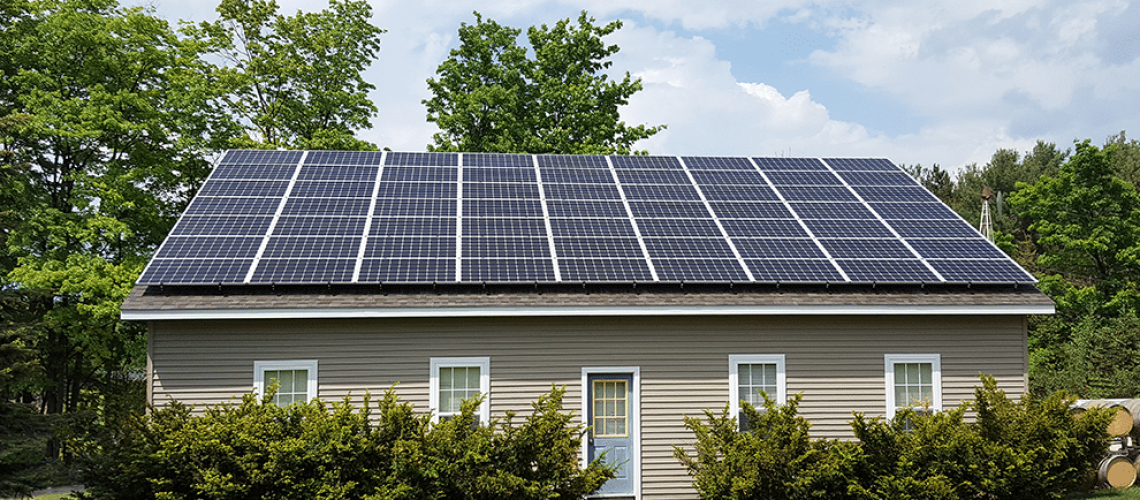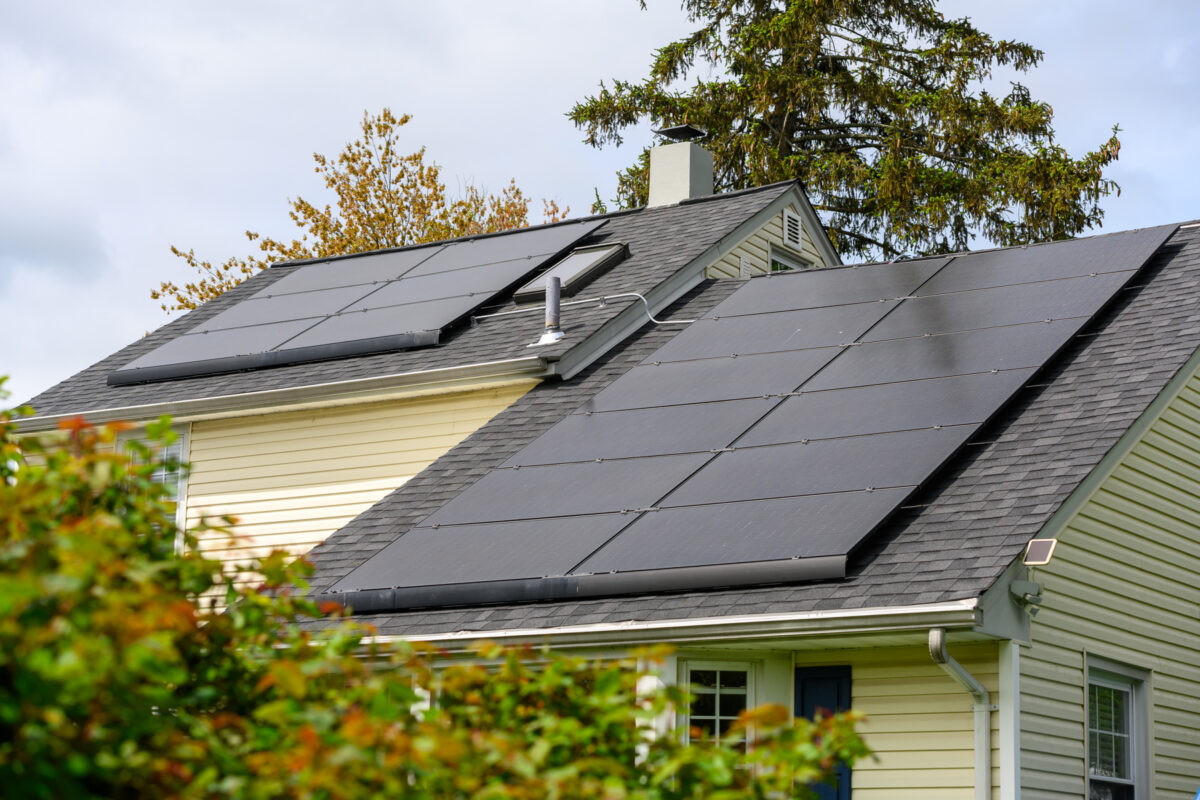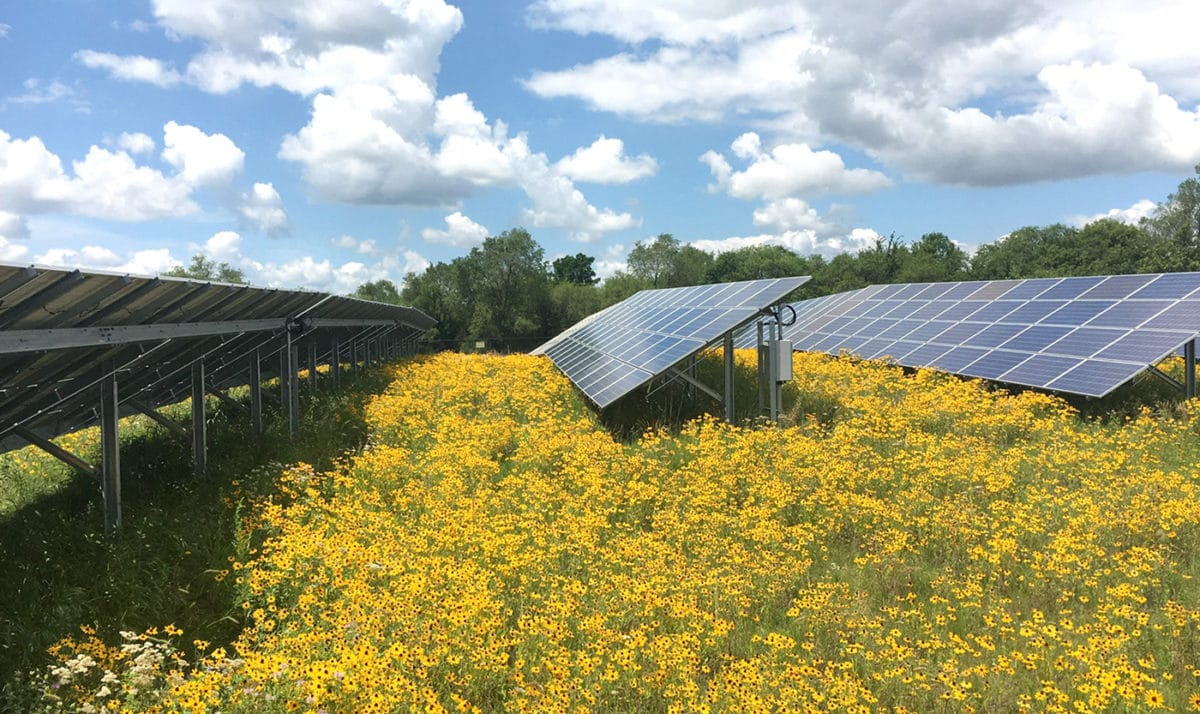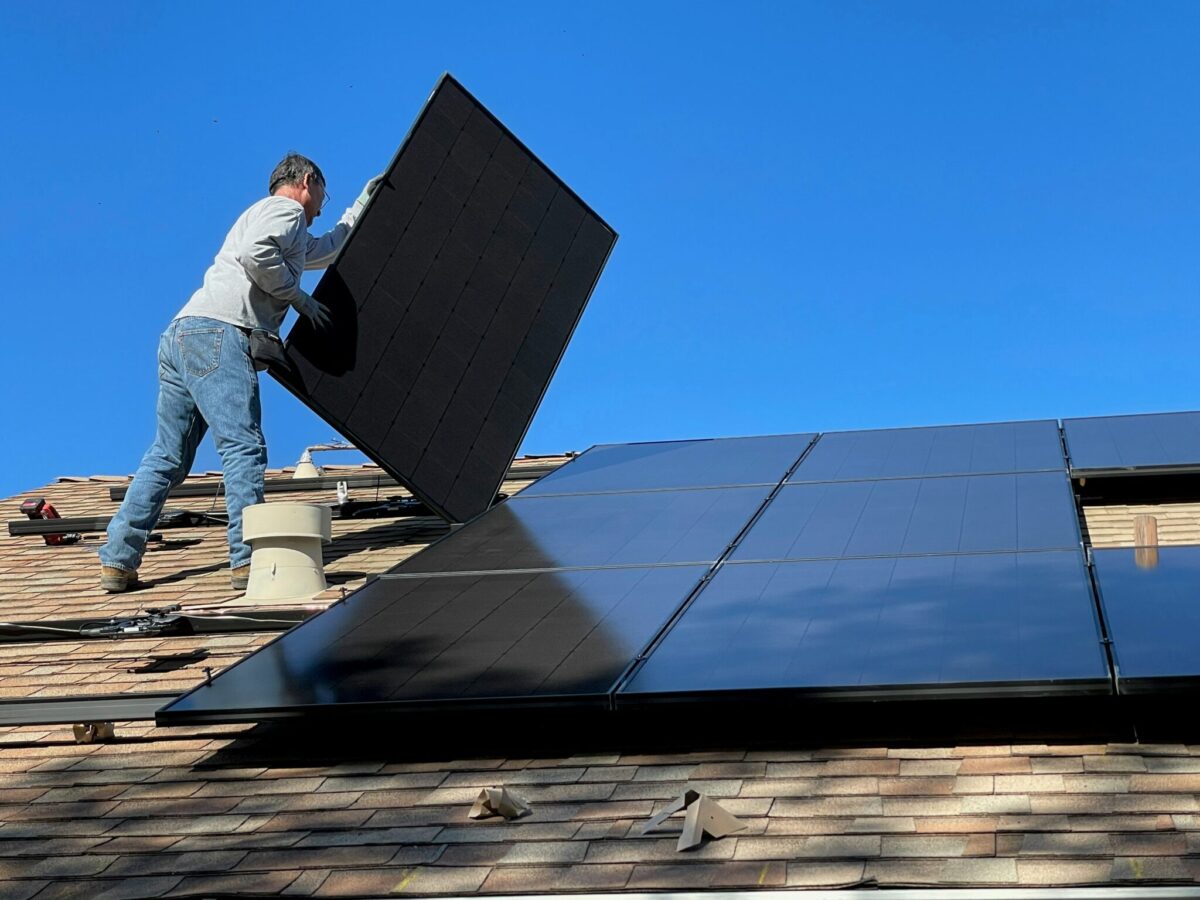The state’s Commission was not convinced by DTE Energy’s argument that distributed energy causes a cost shift, and that the utility improperly modeled the benefits of distributed generation.
In February, Michigan electric utility DTE Energy proposed new charges to future residential solar customers that would harshly devalue the investment, working in direct contrast of climate and sustainability goals while impinging on the personal choice of Michiganders.
In a win for rooftop solar, the Michigan Public Service Commission announced it rejected the plan. The rejection came as part of a November 18 ruling that rejected the utility’s proposal for a $388 million rate increase, instead approving a $30.5 million increase. The full ruling can be found here.
Under the proposal, a fee based on the three highest-demand one-hour intervals over the last year would be leveraged on rooftop solar customers under the proposal. Ben Inskeep, principal energy policy analyst at EQ Research, said the proposed charge would amount to $100 a month or more. Inskeep said customers would have no way to predict what their charge is, as peak demand hours are not reported to customers by DTE.
“I certainly can’t imagine any customer ever wanting to take service under this proposal. It would be too draconian and would completely erode any financial benefit one would receive from putting solar on their rooftops,” said Inskeep.
The utility also proposed to slash bill credits for excess solar production sent back to the grid in half.
Rejecting the proposal, the Michigan Public Service Commission said, “The Commission is not convinced by the company’s argument that DG (distributed generation) customers create a cost shift onto non-DG customers and does not find that the company properly evaluated the benefits of DG…”
A nationwide study by the Lawrence Berkeley National Laboratory of net metering found that a cost shift is negligible until solar reaches 10% of the grid mix. In its filing with the Commission, DTE said it would voluntarily increase the current 1% cap on the number of customers that can participate in its residential rooftop solar program to 3%, but only if its proposals are approved.
The Commission flatly rejected the proposed mandatory rates, which Inskeep said “included confusing and egregiously high fixed charges.”
Net metering policy battles are cropping up in most major solar markets across the nation. Recently, there have been rooftop solar policy failures in California and Indiana.






